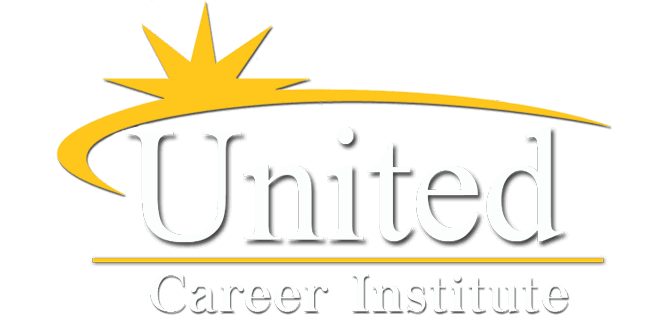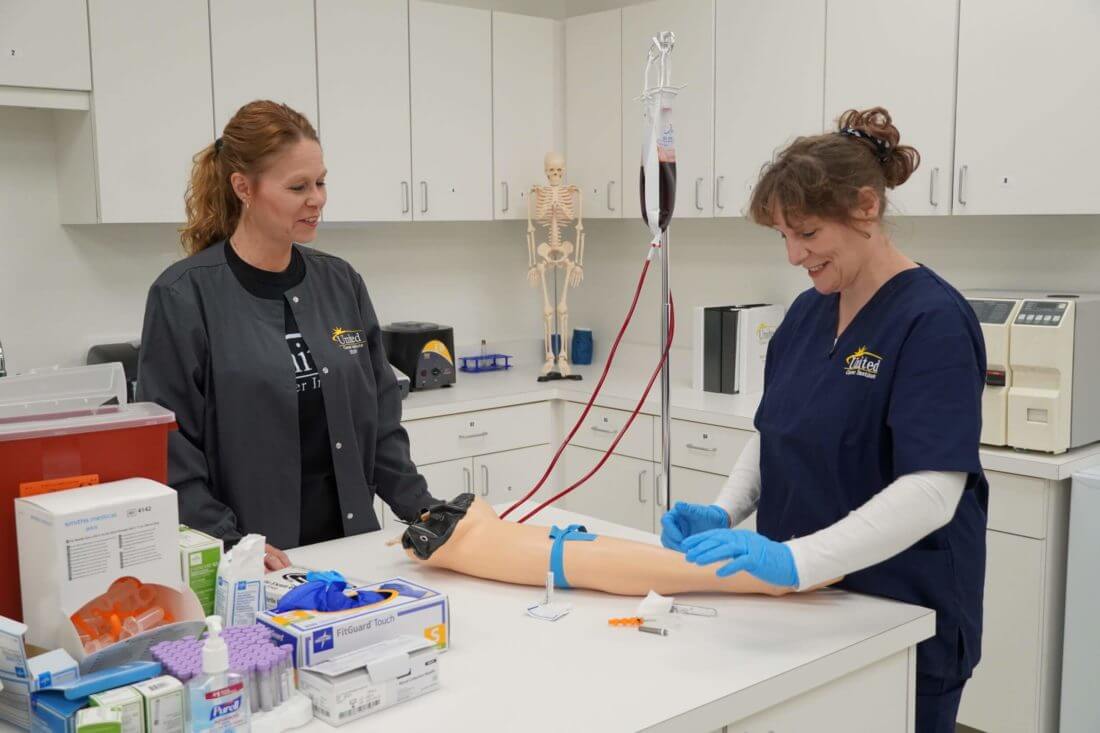Different skills are required for different jobs. For example, a nurse needs a different set of skills than an accounting professional. However, a specific set of skills, called soft skills, is important for everyone to have, regardless of your chosen career field.
Soft skills are personal attributes that enable someone to work effectively and in harmony with other people. In whatever career field you choose, you will need to work well with others, which is why soft skills are essential.
This week, we’re sharing all about soft skills with you!
Why are soft skills important?
Soft skills are super important for your career for a variety of reasons. According to Indeed, employers know the importance of soft skills in the workplace for all types of candidates. Soft skills can tell employers about your long-term potential as an employee, your ability to work in a team, and your ability to develop leadership skills.
In addition to meeting the needs of employers, soft skills are vital to your success in an organization. Skills like a positive attitude, communication, and work ethic set you up for success in your career. Soft skills increase your effectiveness at getting your job done and help you establish a professional reputation for yourself. This can help you advance your career now in your current job and in the future when you are ready to take your career to the next level.
What are the essential soft skills?
There are many soft skills that are valuable assets to your career by helping you work better with others and effectively get your job done.
- Communication: The ability to communicate well with others is valuable because you will always need to work with other people, whether it’s your boss, coworkers, or customers. Having good communication skills can also help you build a supportive professional network.
- Teamwork: Being able to work with others as a team is essential for today’s workplace. Many careers require teamwork daily, as it takes teams of people to do great things.
- Positive Attitude: A positive attitude can make or break your career. Having a positive attitude is all about how you look at situations that come your way. A person with a positive attitude is excited and ready to start new projects and learn new things, which helps them advance their career faster.
- Open-Mindedness: Being open-minded and curious can help you learn quicker, be more creative, generate more and better ideas, and be more accepting of other people.
- Emotional Intelligence: Having a high level of emotional intelligence helps you understand and positively manage your emotions. This also gives you the ability to understand the feelings of others, which promotes empathy and inclusion in the workplace.
- Adaptability: Modern organizations are constantly changing, so being adaptable and flexible in your career can help you to better deal with change. Adaptability also increases your ability to learn new things because you are not always stuck in old ways of doing things.
- Problem Solving: The ability to effectively solve problems by thinking critically and analyzing a situation is essential in many types of careers. Problems will always arise, and employees who can creatively solve them are able to set themselves up for continued career advancement.
- Leadership: If you ever hope to be a leader in your field, developing leadership skills is necessary. Leaders need to know how to delegate, manage others, create a vision, and inspire others to work toward shared goals.
- Work Ethic: A strong work ethic can set you apart from others as you advance your career. Being self-motivated, having integrity in your work, holding yourself accountable, and dependable are all signs of a great work ethic.
- Time Management: Effectively managing your time means being more productive and getting more done. Staying organized, utilizing a calendar, and prioritizing your work are great ways to manage your time.
How can you develop soft skills?
Now that you know all about these many great soft skills, you may be wondering, how can I develop these valuable skills? There are several ways you can work to develop your own set of soft skills.
One great way to develop your soft skills is to observe other people who already possess the skills you are working to build for yourself. For example, if you have a coworker who is excellent at time management, you can ask them what they do to excel in this area and then incorporate some of their ideas into your work habits.
Another thing you can do is to create self-improvement goals that help you build the soft skills you want to acquire. One way to do this is to choose one soft skill to focus on each week and then gradually add more until you are consistently doing them all. Building positive habits like this over time is much more manageable than doing them all at once.
If your job allows, you can also purposely take on projects that provide you the opportunity to develop your soft skills. For example, if you are trying to develop leadership skills, and there is a new project at work that will give you the opportunity to develop these skills, you could volunteer to work on the project.
Remember, getting better at soft skills is the same as getting better at anything else; it just takes practice. Make it a point to practice your soft skills anytime you have the chance, and eventually, you will be great at them!
How does United help me develop soft skills?
Here at United, we are dedicated to helping our students develop the skills needed to succeed in their careers. We train you on the specific skills you need for your job and help you develop valuable soft skills by giving you the opportunity to develop them as you complete your program.
We are currently accepting applications for our healthcare training programs. Learn more about our Practical Nursing, Medical Assisting, and Medical Billing/Administration programs today and request information to get started!

